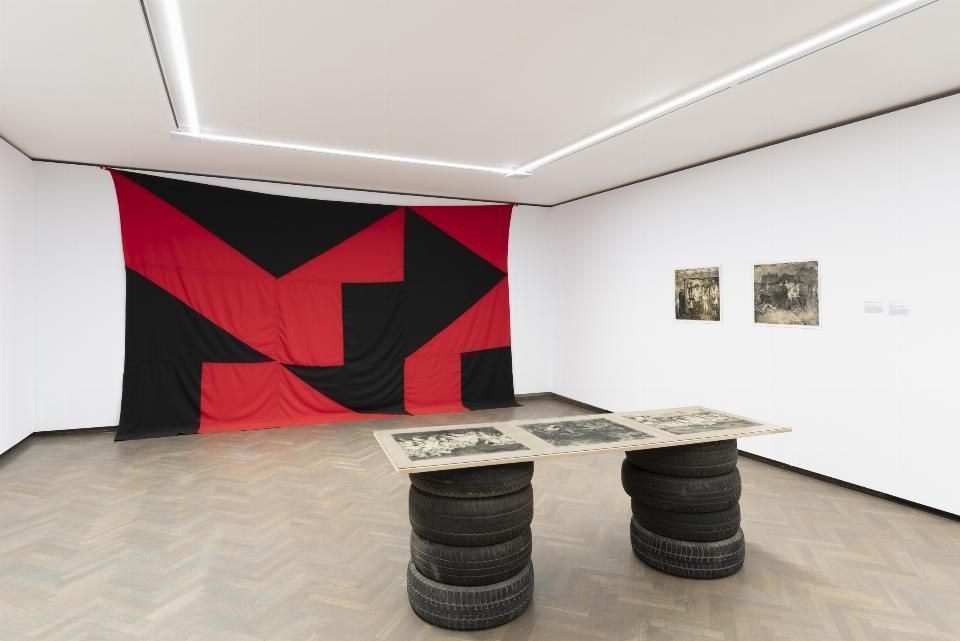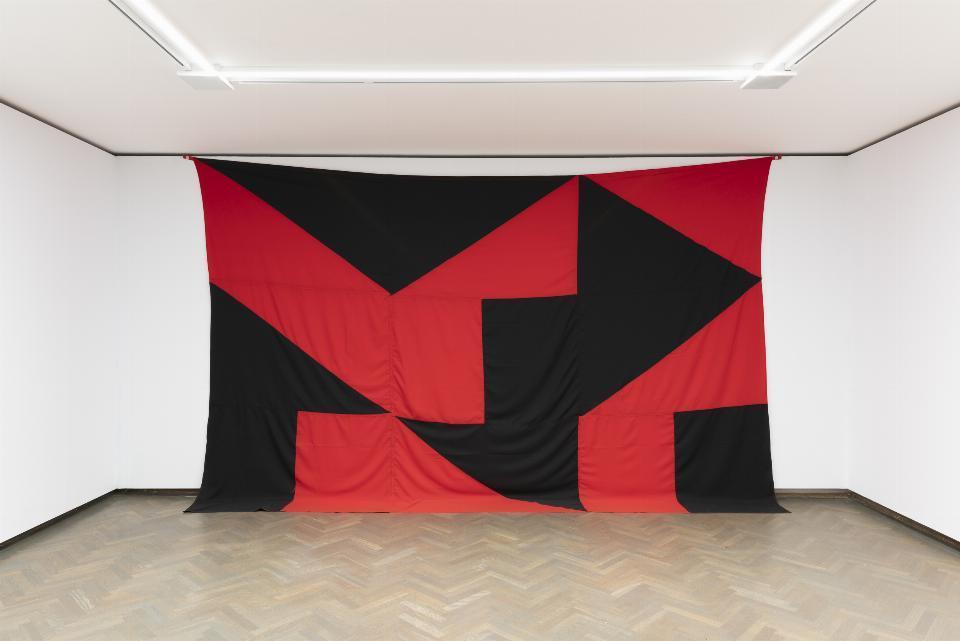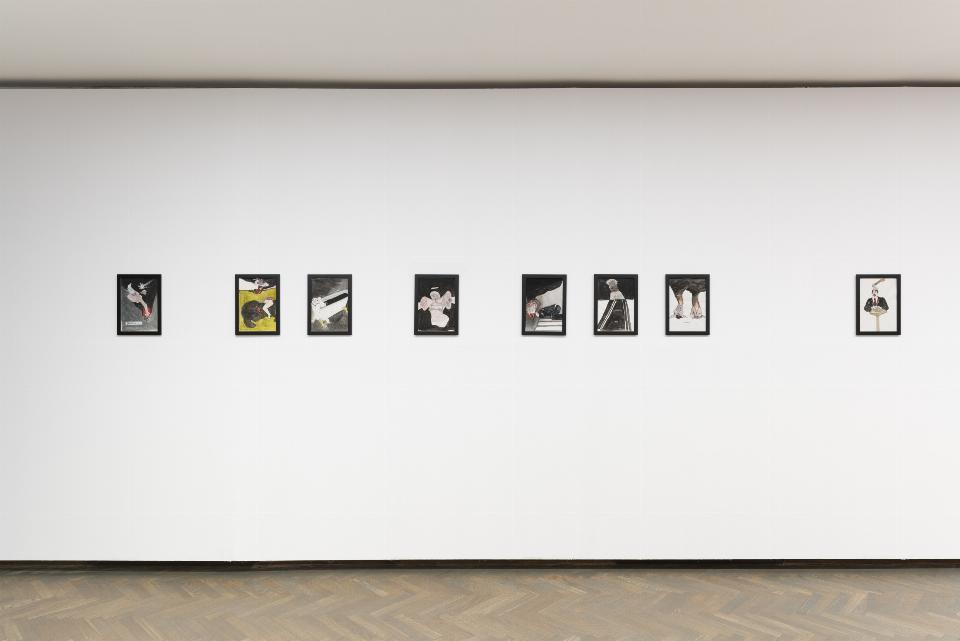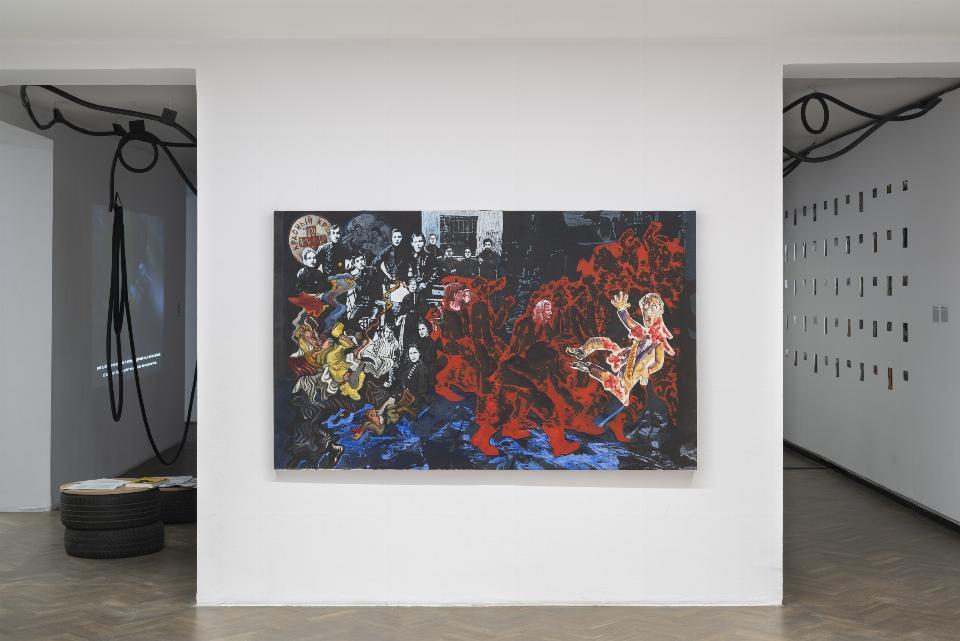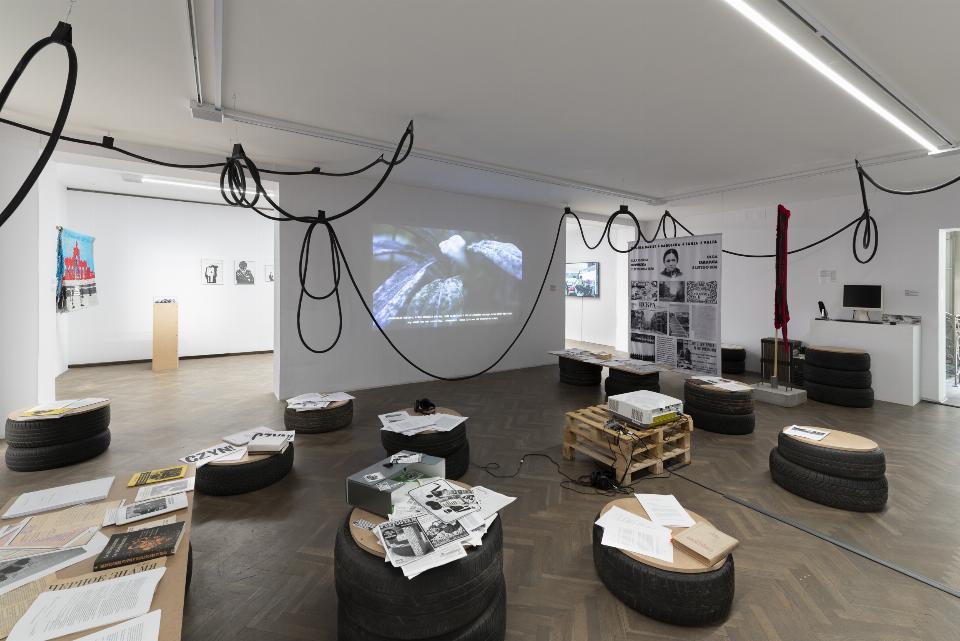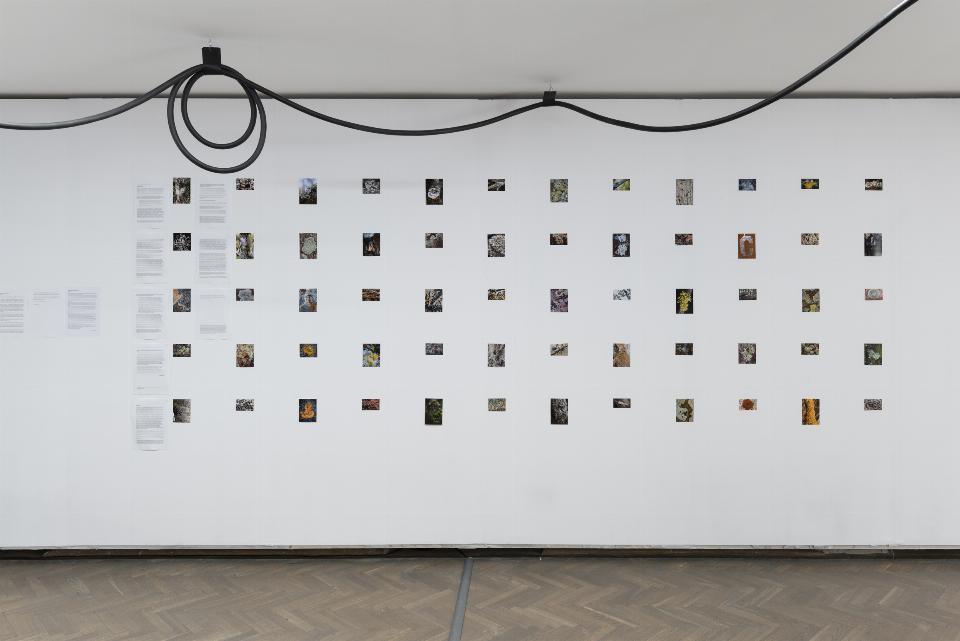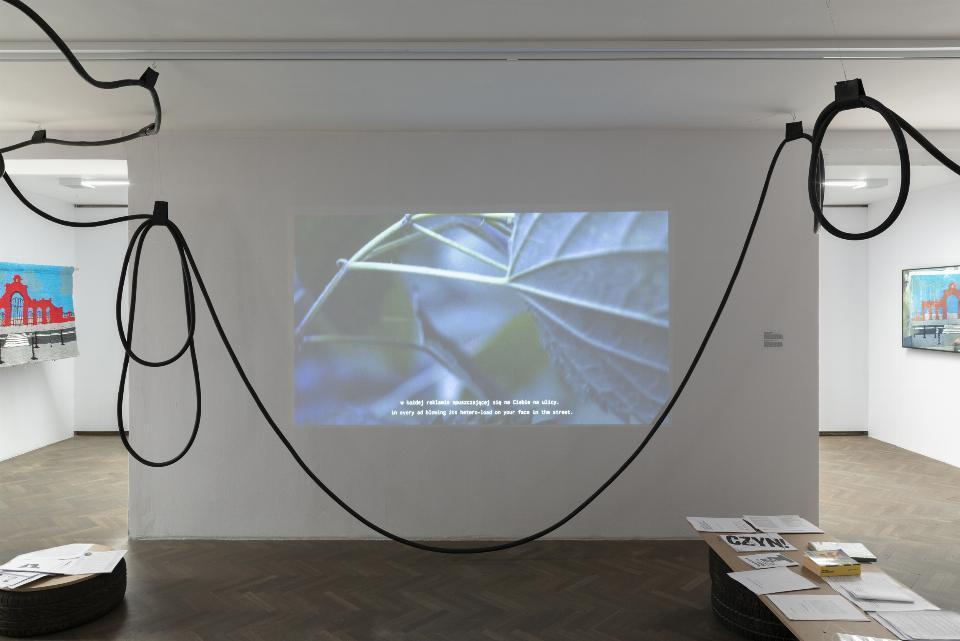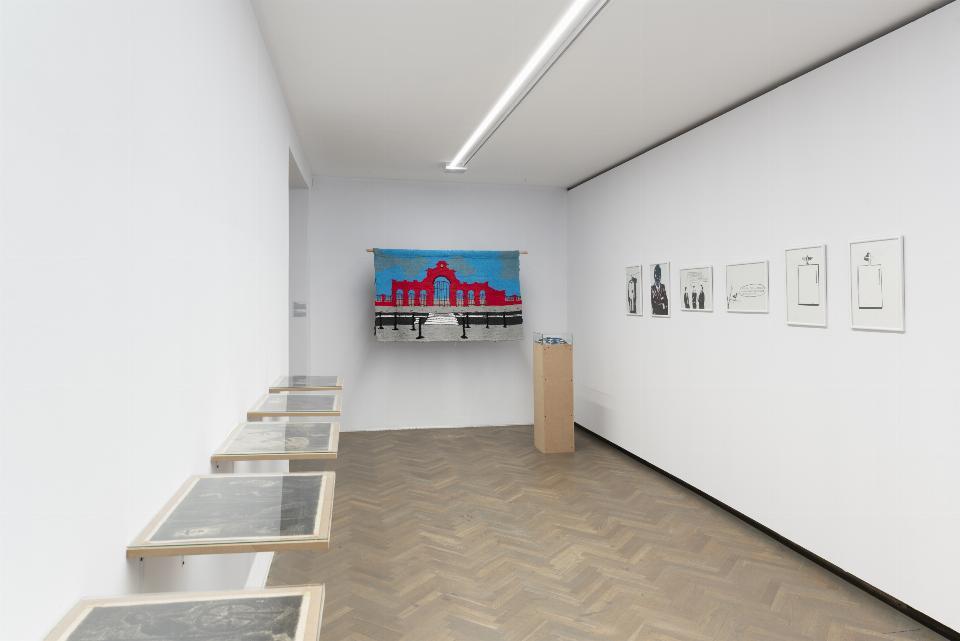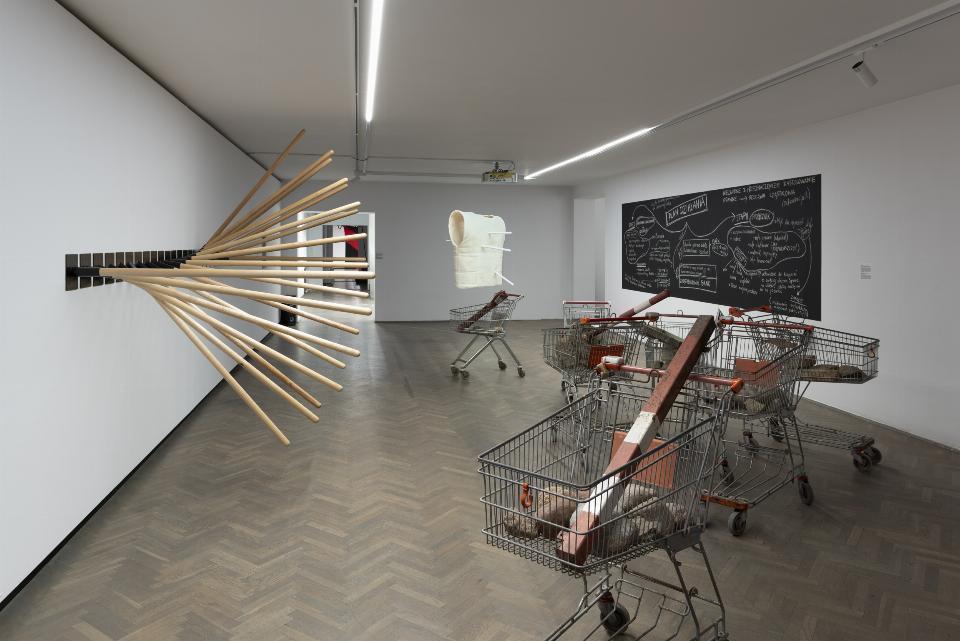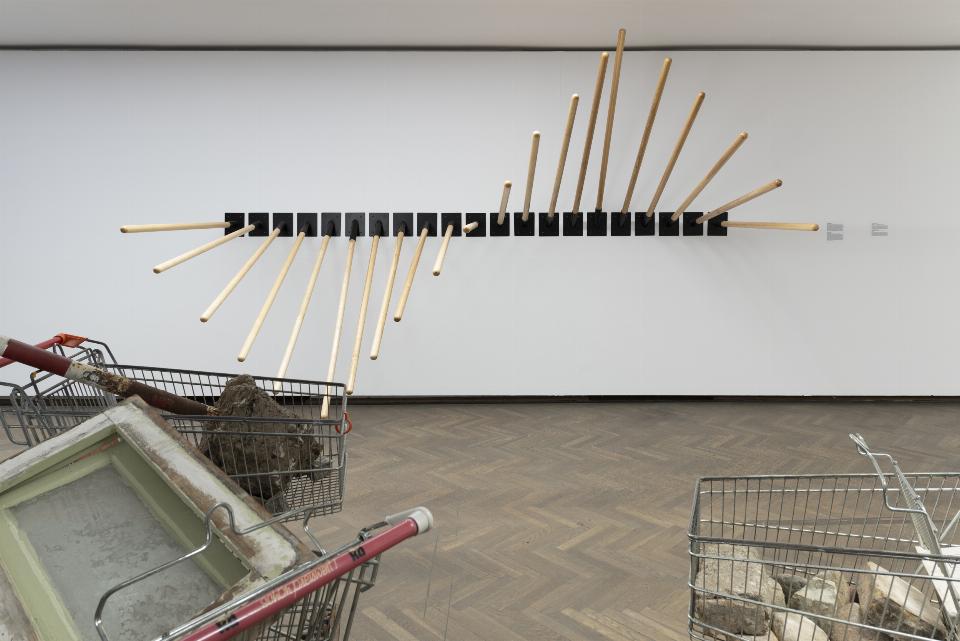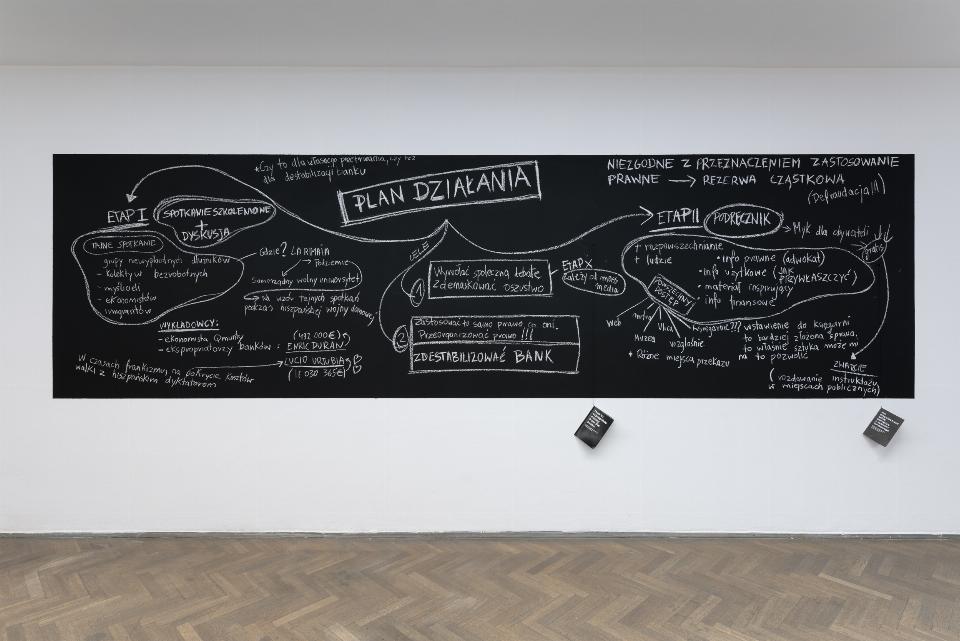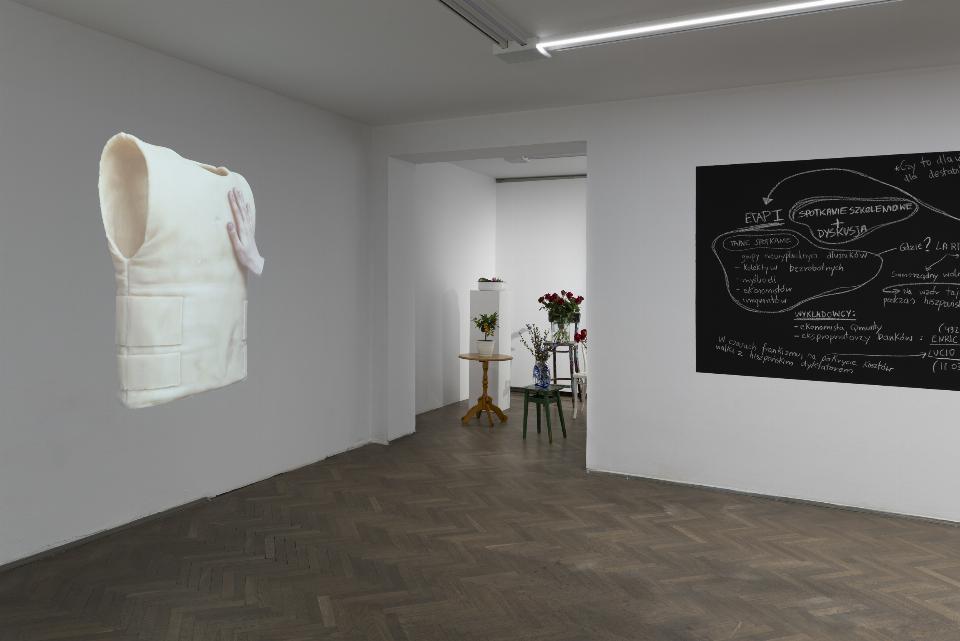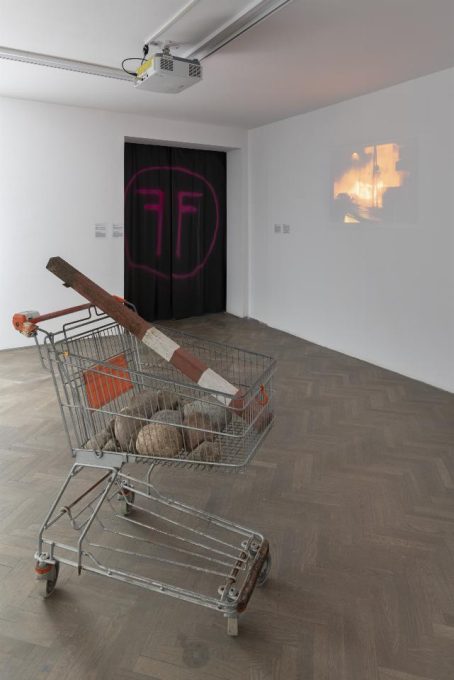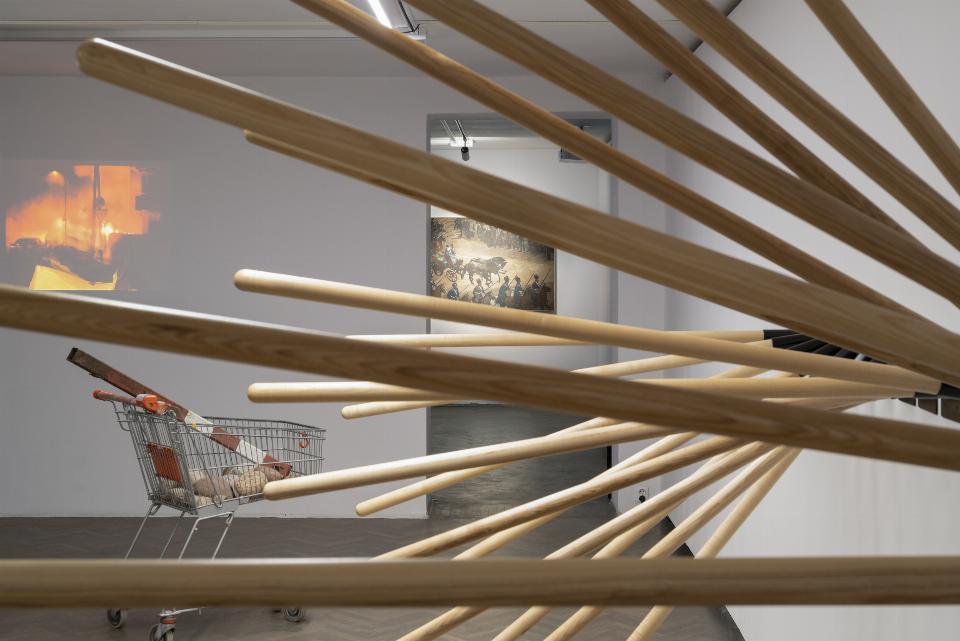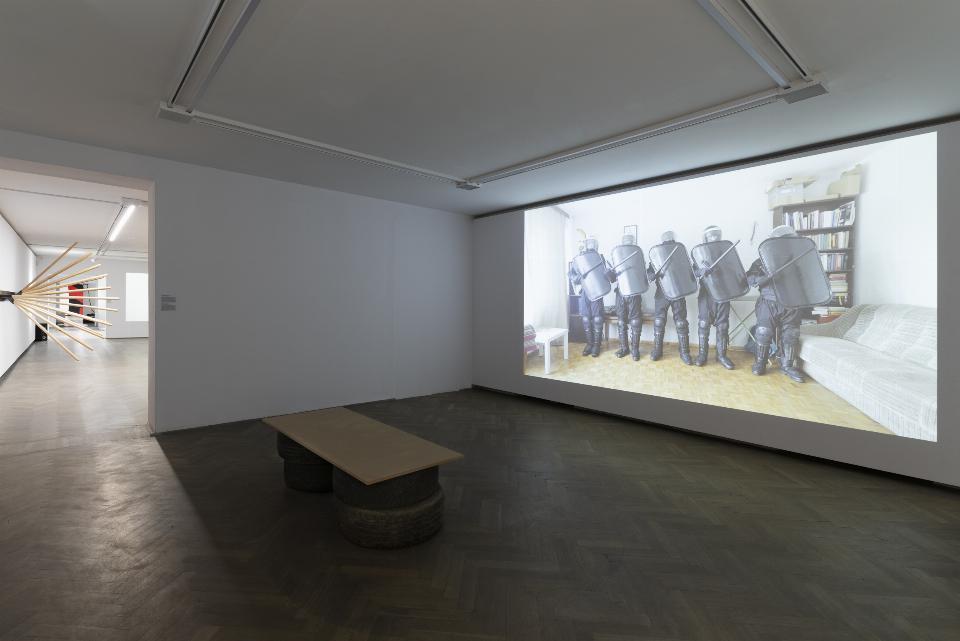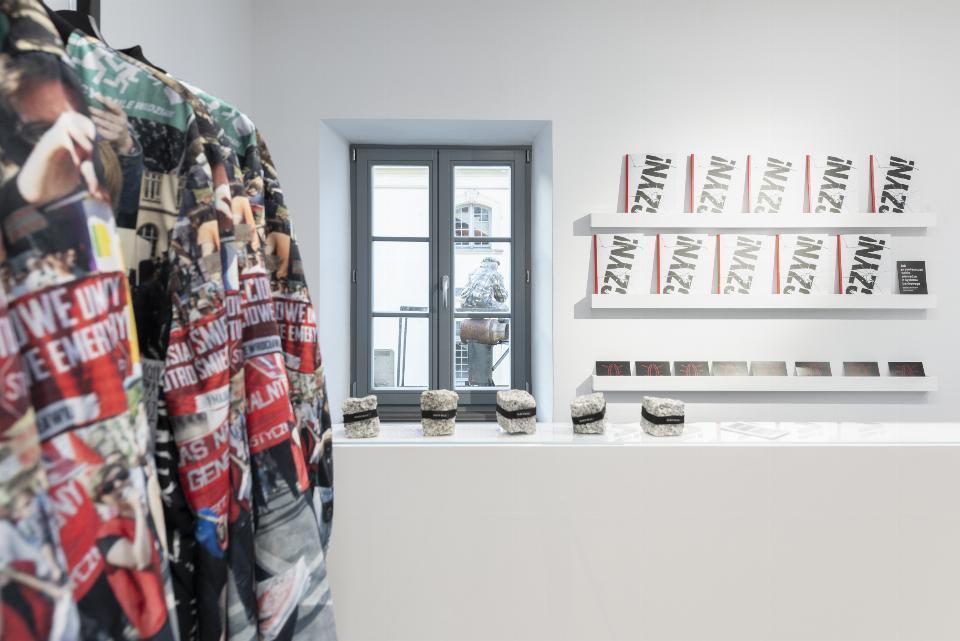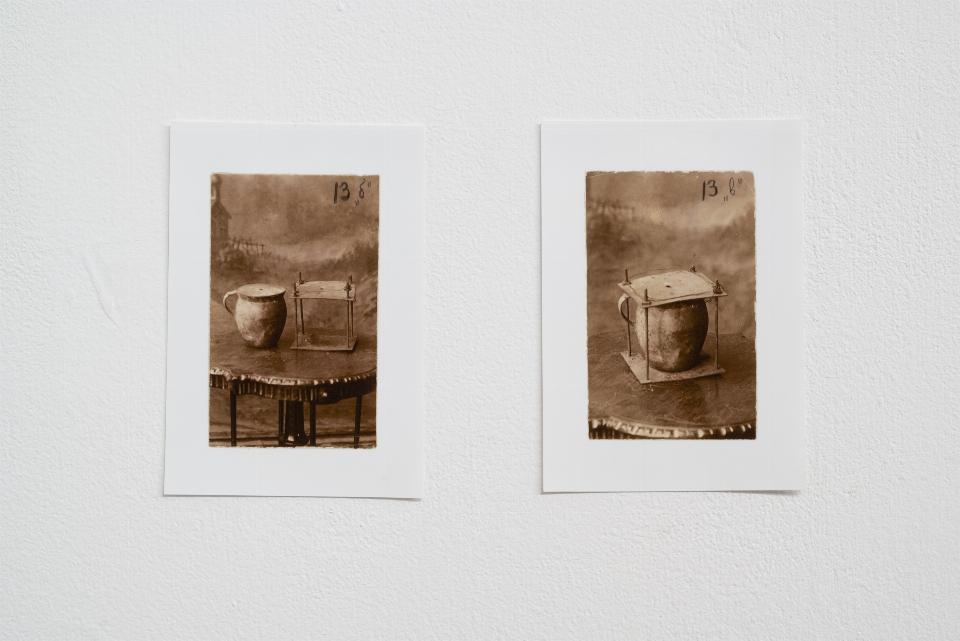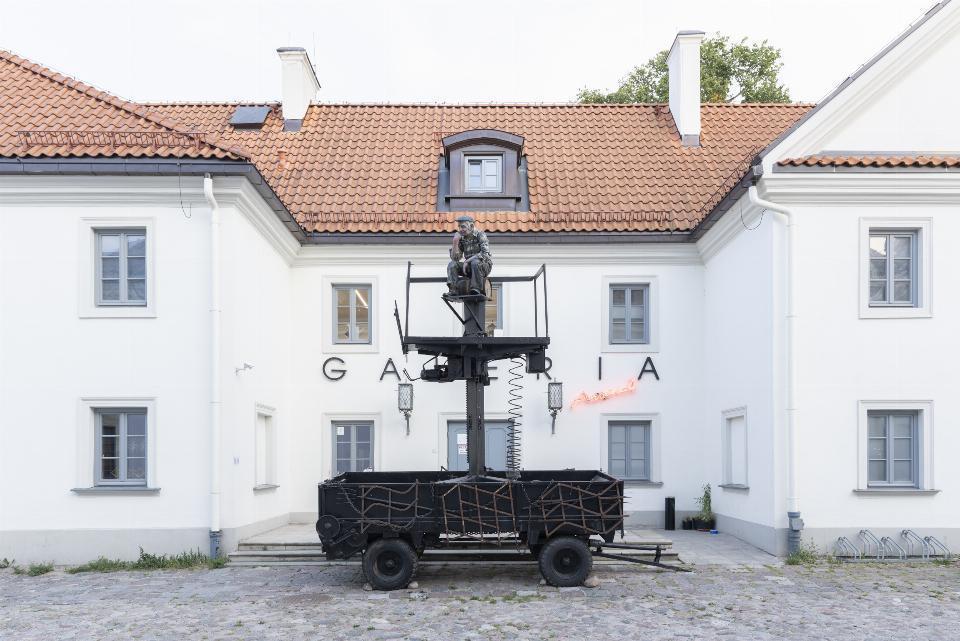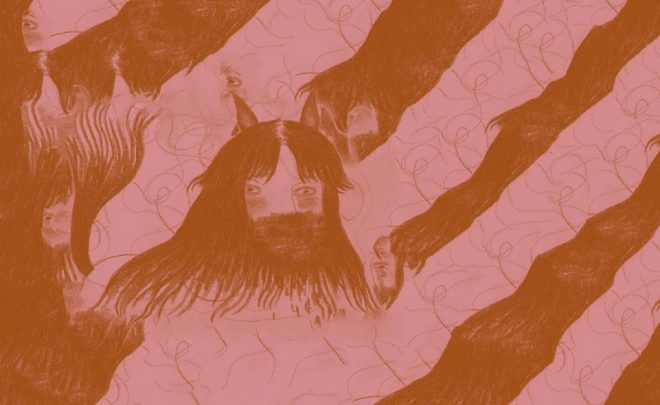In the beginning was the deed!
In the beginning was the deed!
6.08 – 23.09.2021
Opening: 6 August at 18:00
Venue: Galeria Arsenał in Białystok, Mickiewicza Street 2
Featuring artworks and actions by Ewa Axelrad, Bernadette Corporation, Antoni Boratyński, Michał Bylina, Claire Fontaine, Dora Garcia, Girls to the Front, Núria Güell, Zuzanna Hertzberg, Anna Jermolaewa, Edka Jarząb, Sasha Kurmaz, Juan Pablo Macías, Asier Mendizábal, Tadeusz Milewski, Marina Naprushkina, Aleka Polis, Karol Radziszewski, Vlada Ralko, Daniel Rycharski, Wilhelm Sasnal, Siksa, Mikołaj Sobczak, Łukasz Surowiec, Iza Tarasewicz, and Liliana Zeic (Piskorska).
Curated by Post Brothers & Katarzyna Różniak
Graphic design by Karolina Pietrzyk and Gilbert Schneider
The passion for destruction is a creative passion, too! – Mikhail Bakunin
From 6 August until 23 September 2021, Galeria Arsenał will present In the beginning was the deed!, an exhibition and collective research project inspired by Białystok’s history of insurrectionary anarchism. The project considers the legacy of worker movements in Bialystok at the beginning of the 20th century, focusing on the “boom” of anarchist activity in the region and critically addressing their tactics and global influence within the context of contemporary art and protest movements around the world. Combining historical materials with contemporary art, actions in public space, public events, and a study and publishing centre, the exhibition not only explores the relations between art and politics and the role of radical protest in social change today, but also seeks to build a deeper awareness of Białystok’s rich political, industrial, and multicultural heritage.
At the very beginning of the 20th century, Bialystok (remaining in the years 1807-1919 under the Russian rule) was a major hub for textile production and a meeting place of numerous communities of Jewish, Polish, Belarussian, Lithuanian, Russian, and Ukrainian workers. During this time, it was also a centre of the radical labour movement, from Social Democrats, the Polish Socialist Party, Social Revolutionaries, and the General Jewish Labour Bund, to Polish Nationalist groups and supporters of the Russian empire, to a large contingent of radical anarchist-communist groups such as Chleb i Wola (Bread and Will) and Walka (The Struggle), the first of such organizations in the Russian Empire. At the dawn of the 1905 revolution, anarchism became a mass political force in Bialystok, and nearly all of the anarchists in the Podlasie region, from factory towns and cities, to villages and shtetls, became aligned with the anarchist-communist Czornoje Znamia (Чёрное знамя, the Black Banner). The Black Banner not only circulated radical literature and participated in the support of countless factory and general strikes and economic boycotts, but also committed acts of expropriation and overt violence against the ruling class, industrial sabotage, property destruction, and armed confrontations with the police and the Russian army. Believing that revolutionary change could only happen through acts of disobedience and direct action, the masthead of their eponymous publication featured an aphorism from Goethe: “Im Anfang war die Tat” (In the beginning was the deed). This brief explosion of anarchist activity in Bialystok was highly influential to revolutionary movements in the Russian empire, Poland, and across the world, and activists today have been rediscovering this history within the context of their own campaigns of resistance and insurrection.
In the beginning was the deed! reappraises this volatile and underrecognized history and asks what the strategies of the Black Banner could mean for political, artistic, and intellectual life today. The exhibition tests how local and marginal histories can be told within an international and contemporary context, positioning the “peripheral” city of Bialystok at the centre of the development of modernity, labour struggles, revolutionary tactics, and collective action across the globe. Rather than provide an authoritative or definitive account of this radical history, the project incites further exploration by bringing together disparate materials for collective exercises in research, translation, and reappraisal. Instead of romanticizing dissent, the exhibition emphasizes the social and economic circumstances of the time and compares and contrasts this history to the condition of workers and marginalized groups today. Echoing Martin Luther King Jr’s description of rioting as a language of the unheard, the project examines the social, economic, and political conditions that give rise to acts of militant protest and considers the role of extreme resistance within the context of contemporary social movements and artistic practices.
Artworks and actions by Polish and international artists will deploy a diversity of tactics to demonstrate global solidarities, and respond to urgent states of crisis, unrest, and repression today. By drawing parallels between this history and current uprisings in Poland and across the world, In the beginning was the deed! will encourage a nuanced and open discussion on the strategies of protest today and the role of violence in the public sphere, and will explore what art can do to question, represent, support, and actively participate in social change.
Media about the exhibition
Blok Magazine, Post Brothers, Words and deeds: Operation Białystok and insurrection
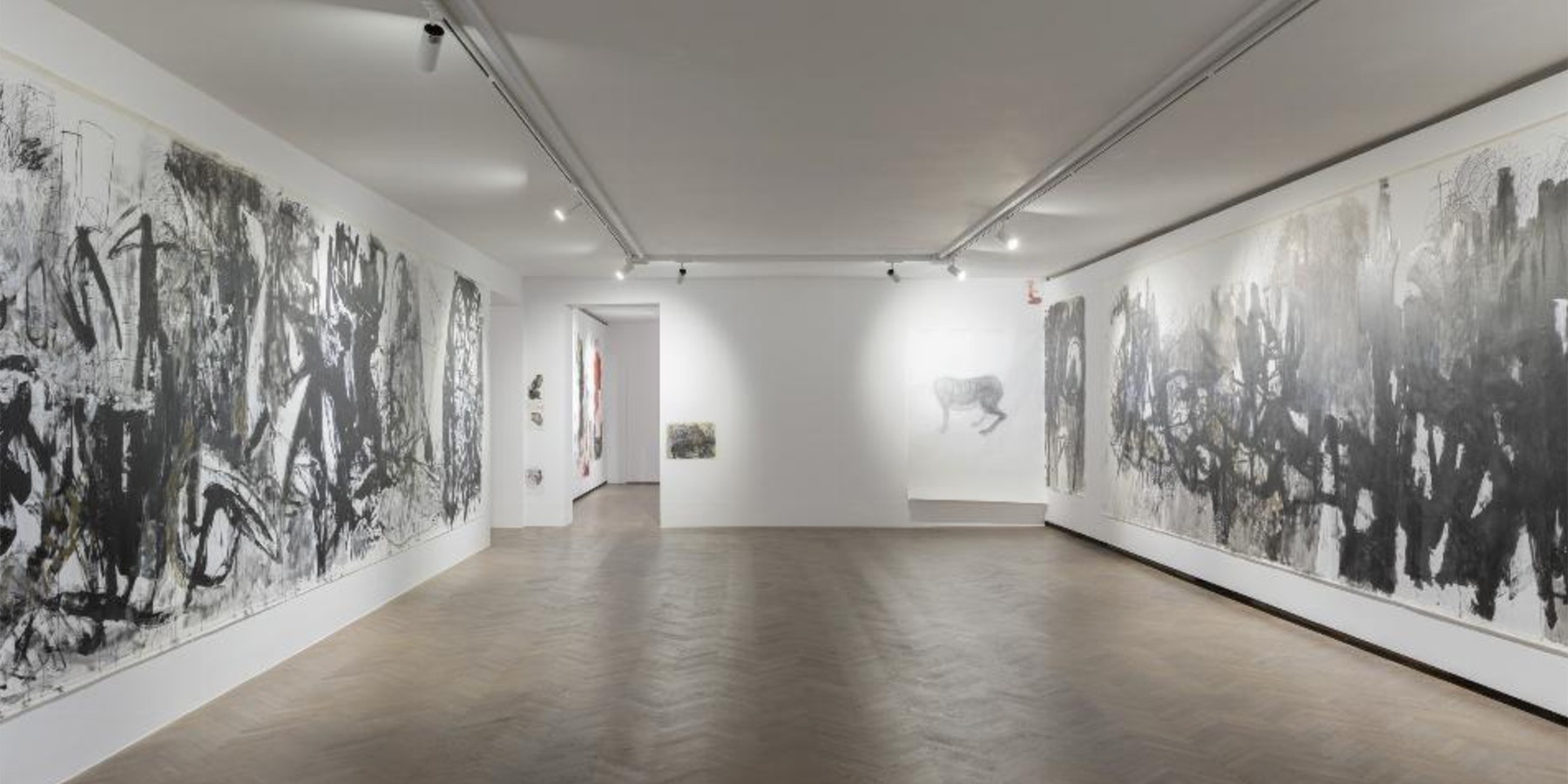
PLAN YOUR VISIT
Opening times:
Thuesday – Sunday
10:00-18:00
Last admission
to exhibition is at:
17.30
